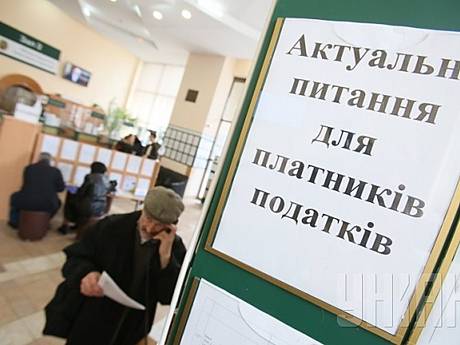
The Ukrainian League of Industrialists and Entrepreneurs (ULIE) has addressed Ukrainian President Petro Poroshenko with a request to initiate the real modernization of the tax system as soon as possible. In particular, it is necessary to organize a meeting of the government, parliament, and business association representatives in order to approve basic approaches to tax reform. The ULIE thinks that the ongoing lack of integral fiscal reform is causing damage to the country's business and investment climate, resulting in the loss of jobs, forcing the economy to hide in the shadows, which worsens the population's living standards.
"Neither domestic businesses, not their foreign partners know the rules of the future game and can foresee their economic prospects for 2016. Meanwhile, negative trends continue to strengthen – industrial output has dropped by 18% and export has dropped by 33%. In addition, according to the official data, domestic businesses have paid extra UAH 46 billion in advance payments of income tax and negative balance of value added tax (VAT), which noticeably influenced their competitiveness. The task to overcome the crisis requires predictability and stability which businesses relate to transparent and consistent tax changes," ULIE President Anatoliy Kinakh said.
Meanwhile, the Finance Ministry of Ukraine, which has not formed a joint position with experts and the community, has announced that the national budget for the next year will be formed in line with the amended Tax Code.
Two independent draft documents on tax reform which were elaborated on by the parliamentary committee on taxation and customs policy and the government are circulating in Ukraine today. The latter does not contain proposals from expert teams and it has not undergone public discussion. Ukrainian industrialists and entrepreneurs are seriously concerned about the situation given that it is a vital economic issue.
"Active PR campaigns for the competing draft documents are being held instead of effective work and their authors are reluctant to back down. At the same time, they do not involve the most interested side – entrepreneurs that pay taxes – in the process of fiscal policy development," Kinakh said.
The ULIE called on the president to initiate joint and quick elaboration of relevant bills and propose to involve representatives of the Anti-Crisis Council of Non-Governmental Organizations in this work.
"Only an open and fair dialogue in the government-business and government-society formats with mutual admission of responsibility and fulfillment of undertaken obligations can guarantee effectiveness of new fiscal policy," the ULIE president said.
Earlier the ULIE, jointly with the Anti-Crisis Council of Non-Governmental Organizations, called on the government to speed up the modernization of the tax system transparency with the participation of the public and prepare the national budget for 2016 on its basis.